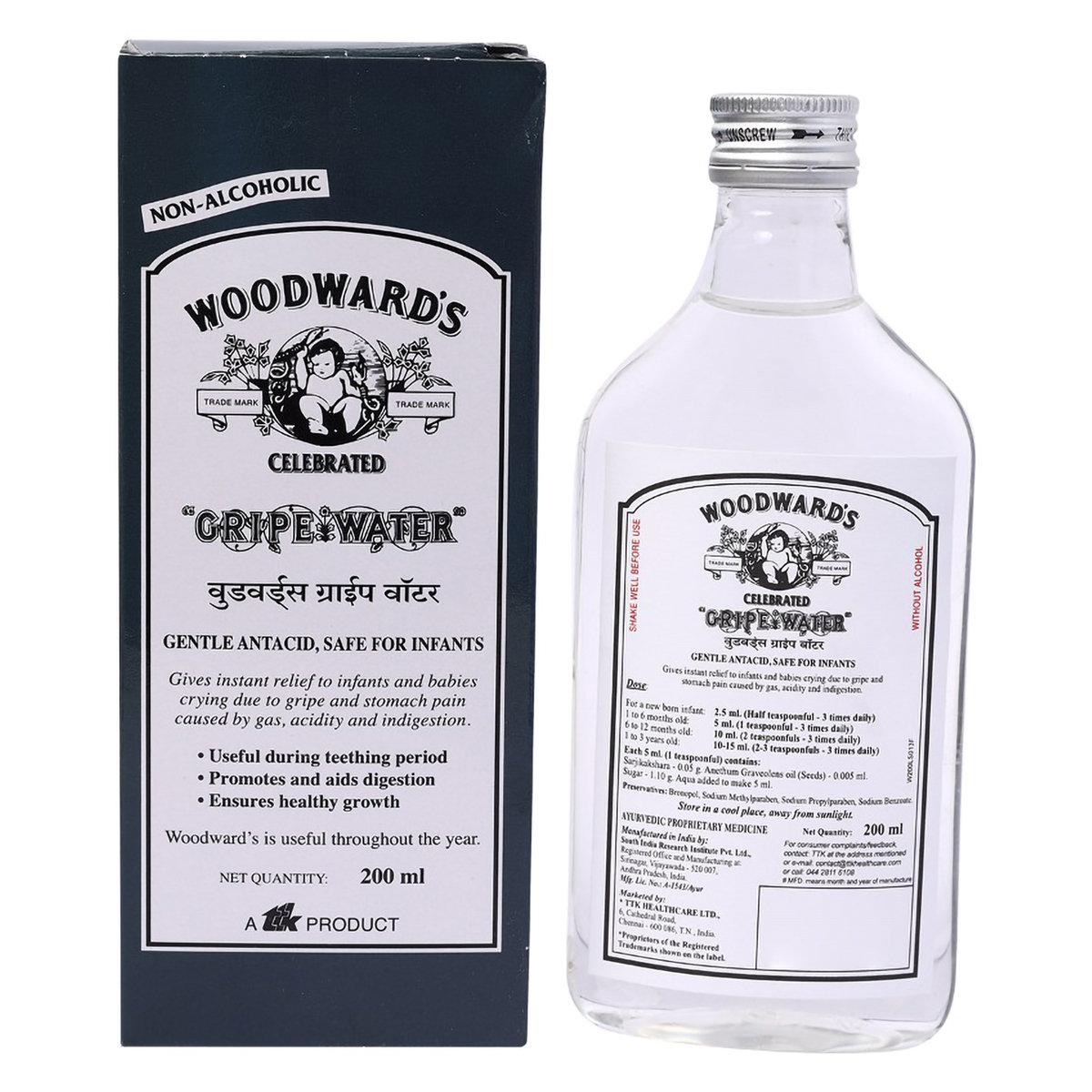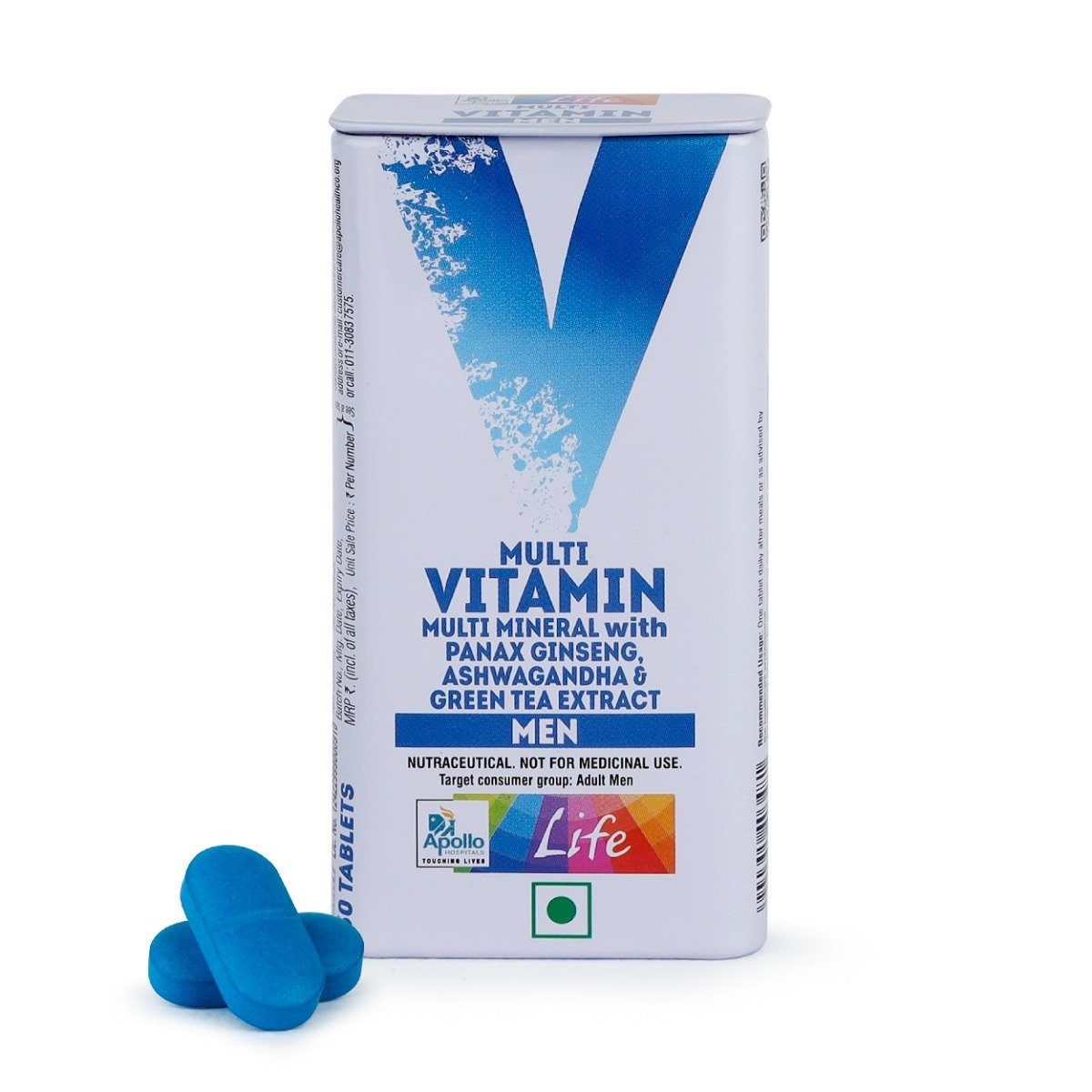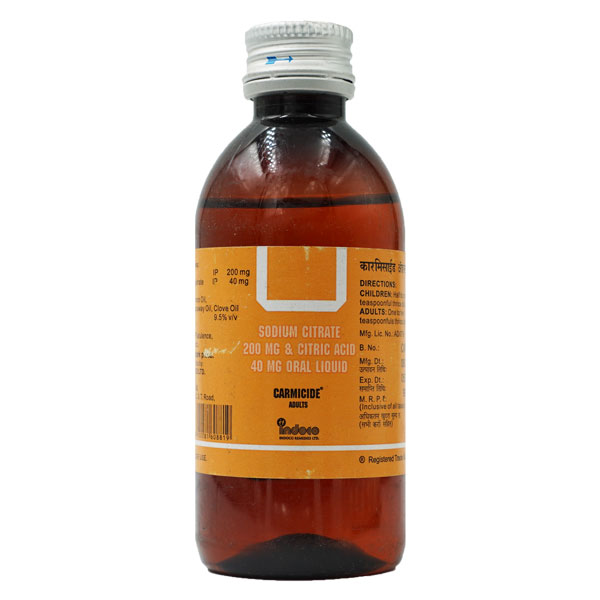Carmicide Paediatric Oral Liquid 100 ml
MRP ₹87.5
(Inclusive of all Taxes)
₹13.1 Cashback (15%)
About Carmicide Paediatric Oral Liquid
Carmicide Paediatric Oral Liquid belongs to the class of medications called ‘Alkalinizing agents’ used to prevent gout, kidney stones, and treat metabolic acidosis in patients with kidney diseases. Gout is a type of arthritis in which uric acid crystals are deposited in the joints leading to severe pain, redness, and swelling in the joints. A kidney stone is a condition in which hard deposits are accumulated in the kidney forming stones. Metabolic acidosis is a condition in which excess acid is accumulated in the body due to kidney failure.
Carmicide Paediatric Oral Liquid is a combination of two medicines: Citric acid and Sodium citrate. Citric acid prevents the formation of deposits by binding with the salts, and it also breaks down the small deposits that are beginning to form. Sodium citrate is metabolized to sodium bicarbonate in the body. It is alkaline in nature and works by neutralizing the acids in the blood and urine, thereby preventing the accumulation of salts in the body.
You should take this medicine as prescribed by your doctor. Carmicide Paediatric Oral Liquid may cause side-effects such as diarrhoea, upset stomach, nausea, and vomiting. These side-effects are mild and temporary. However, inform your doctor if any of these side-effects persist or get worsen.
Do not take Carmicide Paediatric Oral Liquid if you are allergic to Citric acid, Sodium citrate, or any other ingredients present in it. It should not be used in patients with severe kidney failure, severe heart damage, severe dehydration, heat cramps, Addison’s disease (an adrenal gland disorder), and hyperkalemia (high potassium levels in the blood). Before taking Carmicide Paediatric Oral Liquid , inform your doctor if you have hypertension (high blood pressure), heart attack history, oedema (fluid retention), urinary problems, or chronic diarrhoea. Inform your doctor if you are pregnant or breastfeeding.
Country of origin
Manufacturer/Marketer address
Online payment accepted

secured payment

india's most trusted pharmacy

genuine products
Composition :
Manufacturer/Marketer :
Consume Type :
Expires on or after :
Return Policy :
Provide Delivery Location
About Carmicide Paediatric Oral Liquid
Carmicide Paediatric Oral Liquid belongs to the class of medications called ‘Alkalinizing agents’ used to prevent gout, kidney stones, and treat metabolic acidosis in patients with kidney diseases. Gout is a type of arthritis in which uric acid crystals are deposited in the joints leading to severe pain, redness, and swelling in the joints. A kidney stone is a condition in which hard deposits are accumulated in the kidney forming stones. Metabolic acidosis is a condition in which excess acid is accumulated in the body due to kidney failure.
Carmicide Paediatric Oral Liquid is a combination of two medicines: Citric acid and Sodium citrate. Citric acid prevents the formation of deposits by binding with the salts, and it also breaks down the small deposits that are beginning to form. Sodium citrate is metabolized to sodium bicarbonate in the body. It is alkaline in nature and works by neutralizing the acids in the blood and urine, thereby preventing the accumulation of salts in the body.
You should take this medicine as prescribed by your doctor. Carmicide Paediatric Oral Liquid may cause side-effects such as diarrhoea, upset stomach, nausea, and vomiting. These side-effects are mild and temporary. However, inform your doctor if any of these side-effects persist or get worsen.
Do not take Carmicide Paediatric Oral Liquid if you are allergic to Citric acid, Sodium citrate, or any other ingredients present in it. It should not be used in patients with severe kidney failure, severe heart damage, severe dehydration, heat cramps, Addison’s disease (an adrenal gland disorder), and hyperkalemia (high potassium levels in the blood). Before taking Carmicide Paediatric Oral Liquid , inform your doctor if you have hypertension (high blood pressure), heart attack history, oedema (fluid retention), urinary problems, or chronic diarrhoea. Inform your doctor if you are pregnant or breastfeeding.
Uses of Carmicide Paediatric Oral Liquid
Key Benefits
Carmicide Paediatric Oral Liquid is a combination of two medicines: Citric acid and Sodium citrate. Citric acid prevents the formation of deposits by binding with the salts, and it also breaks down the small deposits that are beginning to form. Sodium citrate is metabolized to sodium bicarbonate in the body. It is alkaline in nature and work by neutralizing the acids in the blood and urine. Carmicide Paediatric Oral Liquid reduces the crystallization of stone-forming salts such as calcium oxalate (in kidney stones) and uric acid (in gout) effectively.
Directions for Use
Storage
Side Effects of Carmicide Paediatric Oral Liquid
- Diarrhea
- Upset stomach
- Nausea
- Vomiting
Drug Warnings
Carmicide Paediatric Oral Liquid should be used with caution in patients with kidney disease, heart diseases, hypertension (high blood pressure), electrolyte imbalances, urination problems, toxaemia of pregnancy (high blood pressure during pregnancy), oedema (swelling), and chronic diarrhoea. Do not take antacids without consulting your doctor while using Carmicide Paediatric Oral Liquid as it may lead to electrolyte imbalances. Do not take food containing sodium bicarbonate (baking soda) or foods high in salt as they may worsen your condition. Stop using Carmicide Paediatric Oral Liquid and consult a doctor immediately if you notice muscle twitching, swelling, weakness, mood changes, weight gain, increased heart rate, black or tarry stools, severe diarrhoea, or convulsions (fits) while using Carmicide Paediatric Oral Liquid .
Drug Interactions
Drug-Drug Interactions: Carmicide Paediatric Oral Liquid should not be used with an antacid containing aluminium (aluminium hydroxide) as it may cause aluminium toxicity, other antacids, pain killer (aspirin), antipsychotic medication (lithium), a medication used to treat urinary tract infection (methenamine), and a medication used to treat arrhythmia (quinidine).
Drug-Food Interactions: Avoid foods containing sodium bicarbonate (baking soda) and high amounts of salt.
Drug-Disease Interactions: Carmicide Paediatric Oral Liquid should be avoided in patients with electrolyte imbalances, inflammatory bowel disease, intestinal blockage, severe dehydration, urination problems, heart failure and Addison’s disease (adrenal gland disorder).
Drug-Drug Interactions Checker List
- ALUMINIUM HYDROXIDE
- ASPIRIN
- LITHIUM
- QUINIDINE
- METHENAMINE
Habit Forming
Diet & Lifestyle Advise
- Drink plenty of fluids.
- Limit consumption of spinach, wheat bran, nuts, beets and dairy products.
- Avoid high salt intake and foods containing baking soda.
- Do not take vitamin C and calcium supplements without your doctor’s advice.
Special Advise
- It is essential to follow a specific diet plan created by your nutritionist to control the health condition.
- Your doctor may advise you to take blood and urine tests while using Carmicide Paediatric Oral Liquid to examine your health condition and ensure that this medicine treats your condition.
Disease/Condition Glossary
Gout: It is a type of arthritis in which patients experience severe pain, redness, and swelling in joints. The most common affected area is the joint at the base of the big toe. Patients with gout may often experience acute attacks that result in sudden and severe pain. It occurs due to a condition called hyperuricemia (high uric acid levels in the body). The excess uric acid deposit and crystallize in the joints leading to pain and inflammation.
Kidney stones: It is a condition in which hard deposits occur in the kidney leading to stones. A kidney stone comprises mainly four types: calcium oxalate, uric acid, struvite and cystine. It is due to the increased level of uric acid in the body. As a result, uric acid crystals start depositing in the kidney, known as renal calculi/nephrolithiasis/urolithiasis.
Metabolic acidosis: It is a condition in which excess acid is accumulated in the body due to the kidney's inability to remove excess acid from the body. It can be of various types such as lactic acidosis (build-up of lactic acid), diabetic acidosis (build-up of ketone bodies), and hyperchloremic acidosis (build-up of sodium bicarbonate). It is mostly seen in patients with kidney impairment.
FAQs
Disclaimer
Alcohol
Safe if prescribed
Alcohol consumption may worsen your health condition.
Pregnancy
Consult your doctor
Carmicide Paediatric Oral Liquid should not be used in pregnant women with high blood pressure.
Breast Feeding
Consult your doctor
Carmicide Paediatric Oral Liquid should be used with caution in breastfeeding mothers as it is unclear whether it passes into breast milk.
Driving
Safe if prescribed
Carmicide Paediatric Oral Liquid may not affect your ability to drive.
Liver
Consult your doctor
Carmicide Paediatric Oral Liquid can be used in patients with liver diseases if prescribed.
Kidney
Consult your doctor
Carmicide Paediatric Oral Liquid should be used with caution in patients with kidney diseases. Dose adjustments may be necessary.
Children
Safe if prescribed
Carmicide Paediatric Oral Liquid should be used with caution in children.
Uses of Carmicide Paediatric Oral Liquid
Key Benefits
Carmicide Paediatric Oral Liquid is a combination of two medicines: Citric acid and Sodium citrate. Citric acid prevents the formation of deposits by binding with the salts, and it also breaks down the small deposits that are beginning to form. Sodium citrate is metabolized to sodium bicarbonate in the body. It is alkaline in nature and work by neutralizing the acids in the blood and urine. Carmicide Paediatric Oral Liquid reduces the crystallization of stone-forming salts such as calcium oxalate (in kidney stones) and uric acid (in gout) effectively.
Directions for Use
Storage
Drug Warnings
Carmicide Paediatric Oral Liquid should be used with caution in patients with kidney disease, heart diseases, hypertension (high blood pressure), electrolyte imbalances, urination problems, toxaemia of pregnancy (high blood pressure during pregnancy), oedema (swelling), and chronic diarrhoea. Do not take antacids without consulting your doctor while using Carmicide Paediatric Oral Liquid as it may lead to electrolyte imbalances. Do not take food containing sodium bicarbonate (baking soda) or foods high in salt as they may worsen your condition. Stop using Carmicide Paediatric Oral Liquid and consult a doctor immediately if you notice muscle twitching, swelling, weakness, mood changes, weight gain, increased heart rate, black or tarry stools, severe diarrhoea, or convulsions (fits) while using Carmicide Paediatric Oral Liquid .
Therapeutic Class
Drug-Drug Interactions
Drug-Drug Interactions
Login/Sign Up
Co-administration of Dihydroxialumini sodium carbonate and Carmicide Pead Syp 100ml *** may increase aluminum levels and risk of developing side effects.
How to manage the interaction:
Although taking Carmicide Pead Syp 100ml *** and Dihydroxialumini sodium carbonate together can cause an interaction, it can be taken if a doctor has suggested it. However, if you experience severe stomach pain, constipation, loss of appetite, pain when you urinate, tiredness, fever, excessive sweating, shivering or shaking, blurred vision, muscle spasm or stiffness, tremor, incoordination, nausea, vomiting, and diarrhea contact your doctor immediately. Do not discontinue any medications without first consulting your doctor.
Co-administration of Levofloxacin and Carmicide Pead Syp 100ml *** together may increase the risk of developing side effects.
How to manage the interaction:
Although there is a possible interaction between Carmicide Pead Syp 100ml *** and Levofloxacin, you can take these medicines together if prescribed by a doctor. However, if you experience flank pain, painful urination, or blood in the urine, consult the doctor. It is advised to drink plenty of fluids during treatment with Levofloxacin. Do not stop using any medications without talking to a doctor.
Coadministration of Carmicide Pead Syp 100ml *** with Doxycycline can reduce the effectiveness of Doxycycline.
How to manage the interaction:
Although taking Carmicide Pead Syp 100ml *** with Doxycycline can possibly result in decreased efficacy, they can be taken together if prescribed by a doctor. It is advised to separate Carmicide Pead Syp 100ml *** and doxycycline by three to four hours. Do not stop using any medications without consulting a doctor.
Co-administration of Aluminium hydroxide and Carmicide Pead Syp 100ml *** may increase aluminum levels and risk of side effects.
How to manage the interaction:
Although there is a possible interaction between Carmicide Pead Syp 100ml *** and Aluminium hydroxide, you can take these medicines together if prescribed by your doctor. However, if you experience symptoms like severe stomach pain, constipation, loss of appetite, pain when you urinate, muscle weakness, tiredness nausea, vomiting, and diarrhea contact your doctor immediately. Do not discontinue any medications without first consulting your doctor.
Drug-Drug Interactions Checker List
- ALUMINIUM HYDROXIDE
- ASPIRIN
- LITHIUM
- QUINIDINE
- METHENAMINE
Diet & Lifestyle Advise
- Drink plenty of fluids.
- Limit consumption of spinach, wheat bran, nuts, beets and dairy products.
- Avoid high salt intake and foods containing baking soda.
- Do not take vitamin C and calcium supplements without your doctor’s advice.
Habit Forming
Side Effects of Carmicide Paediatric Oral Liquid
- Diarrhea
- Upset stomach
- Nausea
- Vomiting
Special Advise
- It is essential to follow a specific diet plan created by your nutritionist to control the health condition.
- Your doctor may advise you to take blood and urine tests while using Carmicide Paediatric Oral Liquid to examine your health condition and ensure that this medicine treats your condition.
Disease/Condition Glossary
Gout: It is a type of arthritis in which patients experience severe pain, redness, and swelling in joints. The most common affected area is the joint at the base of the big toe. Patients with gout may often experience acute attacks that result in sudden and severe pain. It occurs due to a condition called hyperuricemia (high uric acid levels in the body). The excess uric acid deposit and crystallize in the joints leading to pain and inflammation.
Kidney stones: It is a condition in which hard deposits occur in the kidney leading to stones. A kidney stone comprises mainly four types: calcium oxalate, uric acid, struvite and cystine. It is due to the increased level of uric acid in the body. As a result, uric acid crystals start depositing in the kidney, known as renal calculi/nephrolithiasis/urolithiasis.
Metabolic acidosis: It is a condition in which excess acid is accumulated in the body due to the kidney's inability to remove excess acid from the body. It can be of various types such as lactic acidosis (build-up of lactic acid), diabetic acidosis (build-up of ketone bodies), and hyperchloremic acidosis (build-up of sodium bicarbonate). It is mostly seen in patients with kidney impairment.
All Substitutes & Brand Comparisons
RX
Carmicide Adult Liquid 500 ml
Indoco Remedies Ltd
₹235
(₹0.42/ 1ml)
46% CHEAPER

Have a query?

